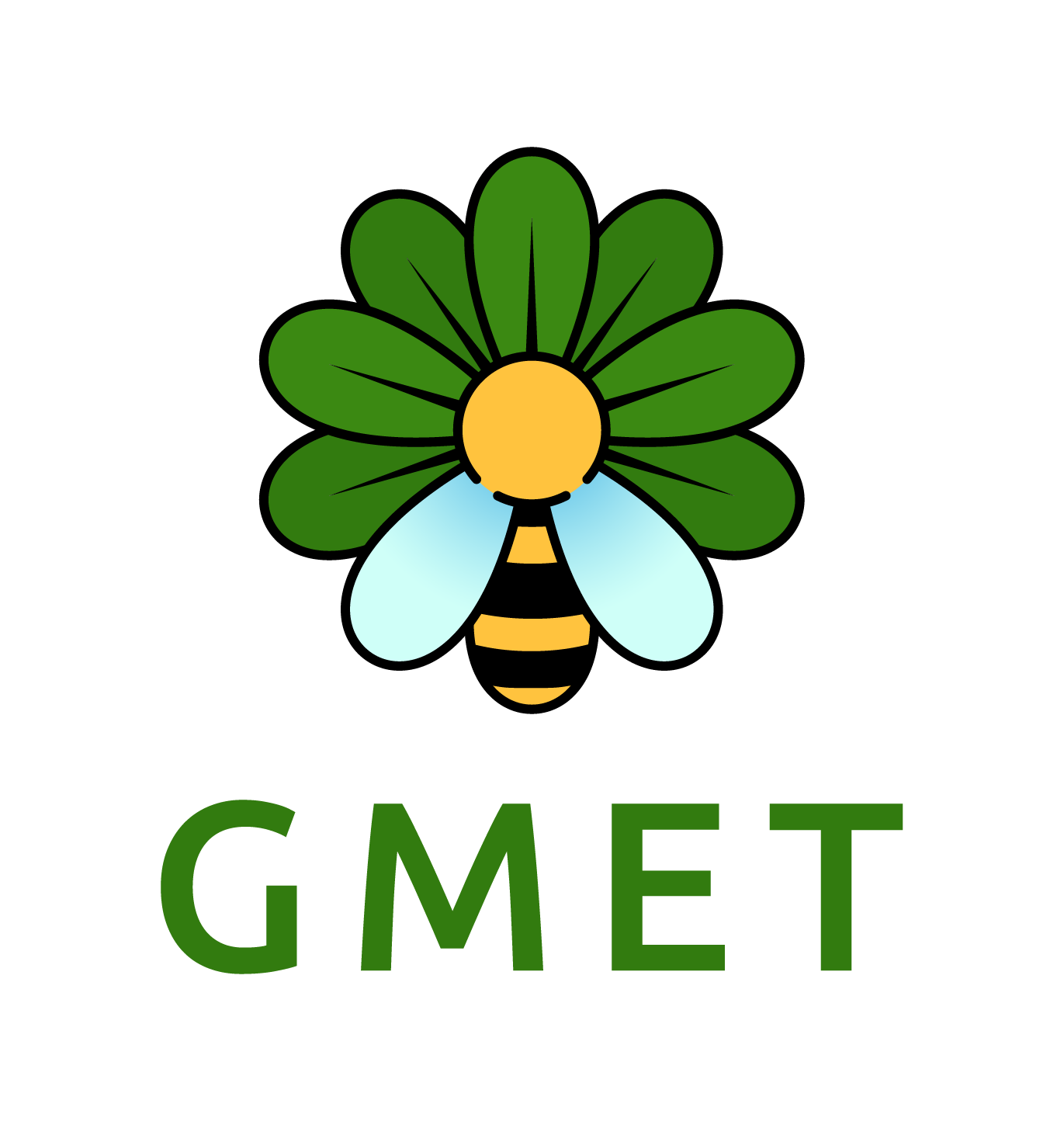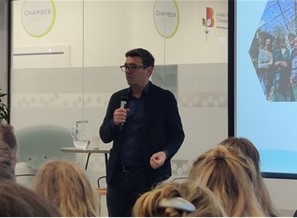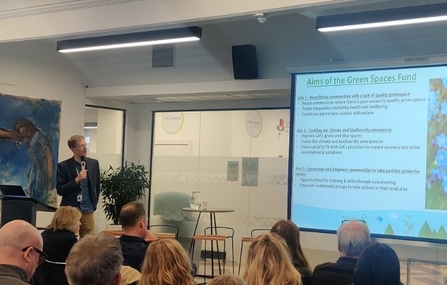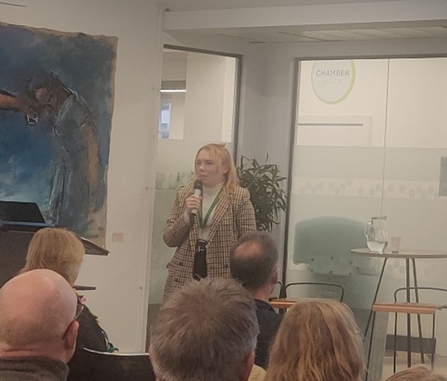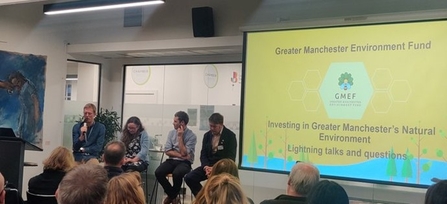Introducing the GM Environment Fund
First up, we heard from Tom Burditt, Greater Manchester Environment Trust Board Member and Chief Executive of the Lancashire Wildlife Trust. Tom offered background on the GMEF and how it can support businesses looking to have a positive impact on the natural environment, including:
- Background to the GMEF:
- Rooted in Greater Manchester’s Five-Year Environment Plan, which sets out an ambitious vision for a “clean, carbon-neutral, climate-resilient city-region, with a thriving natural environment”.
- To help address this, the GMEF was established as the biggest city region-based investment opportunity for nature in the UK. It is the first of its kind.
- Benefits of the GMEF over other partners:
- Connected to decision-makers in Greater Manchester, benefiting from strong partnerships with influential organisations.
- Actively involved in strategic biodiversity projects, improvements to quality green spaces and creation of green jobs.
- Transforming the lives of 3 million people across the city region.
- Linked to local projects that address the biggest needs in our communities.
- The GMEF’s offer to businesses:
- Providing bespoke funding opportunities to meet CSR commitments whether that’s social, climate or biodiversity.
- Helping to demonstrate commitment to initiatives such as the Race to Net Zero.
- Providing reassurance that precious funds are distributed to the greatest strategic priorities, aligned to evidence of need.
- Acting as a gateway for corporate volunteering days, to help support the communities where businesses are located.
- Raising profile and opportunity to celebrate the benefits achieved for people and nature.
|
“Whether CSR, volunteering, forming relationships with local community groups, helping you reach net zero...GMEF can unlock that opportunity for you!” Tom Burditt, GM Environment Trust Board Member |
Want to find out more about the GMEF and our progress to date? Read our annual review for 2022-23 here.
Why is nature recovery important to Greater Manchester – and why do we need businesses to play their part?
Andy Burnham, Mayor of Greater Manchester offered wider Greater Manchester context for the efforts of the GMEF – with a particular emphasis on how the city-region’s green ambitions need the support of businesses based or operating within the city-region.
He spoke about how he saw firsthand the benefits green spaces offered residents during the pandemic – but also the disparity in green space provision currently seen across Greater Manchester. That led to him including a Greater Manchester Green Spaces Fund in his manifesto, something that has led to high-quality, community-led green space projects being rolled out across the city region. He spoke of how proud he is of the success of the fund and projects that it has backed – a further 18 of which he announced at the event – and how he is keen to continue to back green space development into 2024 and beyond.
